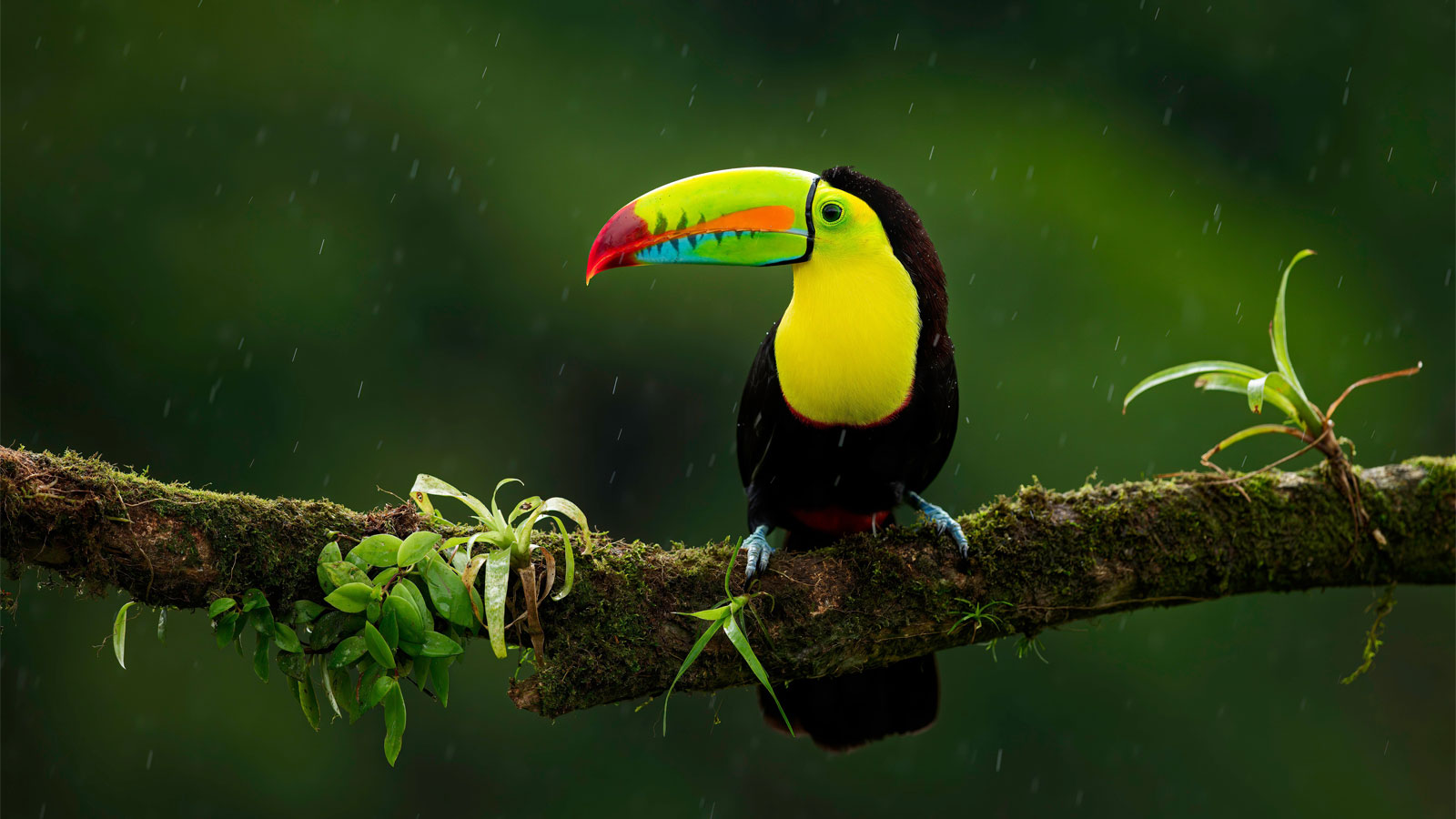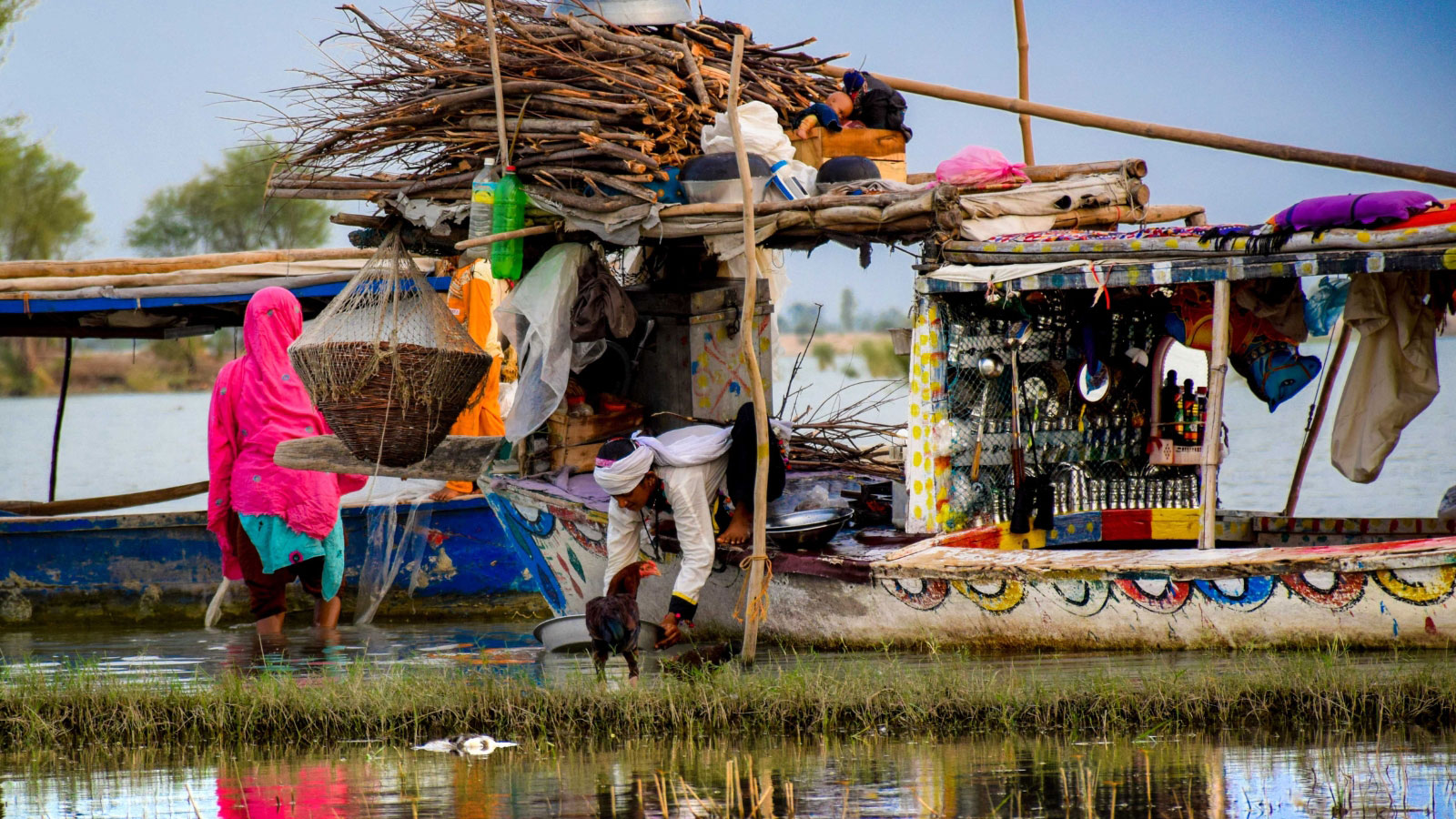|
Costa Rica has shut down its last two state-run zoos more than a decade after enacting a law ordering their closures

Tom Anstey | Planet Attractions | 16 May 2024

 The animals at both zoos have been transferred to a wildlife sanctuary The animals at both zoos have been transferred to a wildlife sanctuary
Nearly 300 animals have been transferred to a refuge in Costa Rica, following the closure of the last two state-run zoos more than 11 years after the approval of a wildlife protection law created to close them.
The law, which was approved in 2013, aimed to turn Costa Rica into a country without state zoos, instead offering a vision towards sanctuaries and rescue centres only.
More than a decade after the law’s passing, both the state-owned Simón Bolívar zoo and Santa Ana Conservation Center have closed, though both should have been shut down in 2014. Both were managed by the FundaZoo Foundation, which took legal action following the ruling. As a result, the dispute delayed the closure for more than ten years, with the final nail in the coffin coming when the foundation’s state contract expired and the Costa Rican government refused to renew it.
Following the official closure, police, vets and officials from the Ministry of Environment were involved in the transfer of the animals, which included a jaguar, crocodiles, spider monkeys and a sloth among other species. The animals have all been transferred to Zoo Ave - the Wildlife Rehabilitation Centre on the outskirts of the capital of San José. The health of each animal is being assessed with the hope that some can be returned to the wild.
“State zoos in Costa Rica make no sense,” said Juan Carlos Peralta, director of the NGO Association for Animal Welfare and Protection. “Each 10-year contract costs CRC1bn (US$1.95m, €1.8m £1.5m) to Costa Ricans.”
While the law has now closed all state-run zoos in Costa Rica, the law does not apply to the 18 existing private zoos which operate in the country.
“Through the ‘Atardecer’ operation, the Ministry of Environment and Energy (MINAE) simultaneously recovered the wildlife and the lands of the Simón Bolívar Zoo and the Santa Ana Conservation Center,” said a statement.
“MINAE is the owner of the land that housed the zoos and by law, the custodian of the wildlife, which is a public domain asset.
“For making this work possible in an articulate and professional manner, we appreciate all the collaboration of other institutions such as Public Force, OIJ, San José Municipal Police, Academy and NGOs linked to wildlife, especially professionals in wildlife management, who are collaborating with this process in order to protect the lives of animals and guarantee their well-being from now on.
“As this operation progresses, MINAE will be updating on the actions and processes to promote the conservation of wild species.”
It has been suggested that the site of the now former Simón Bolívar Zoo should be transformed into a “green lung in the heart of the capital” with the land to become a public botanical garden.
Animal attractions
|
|






Supplier Showcase 2025: The biggest attractions projects landing worldwide this year
|